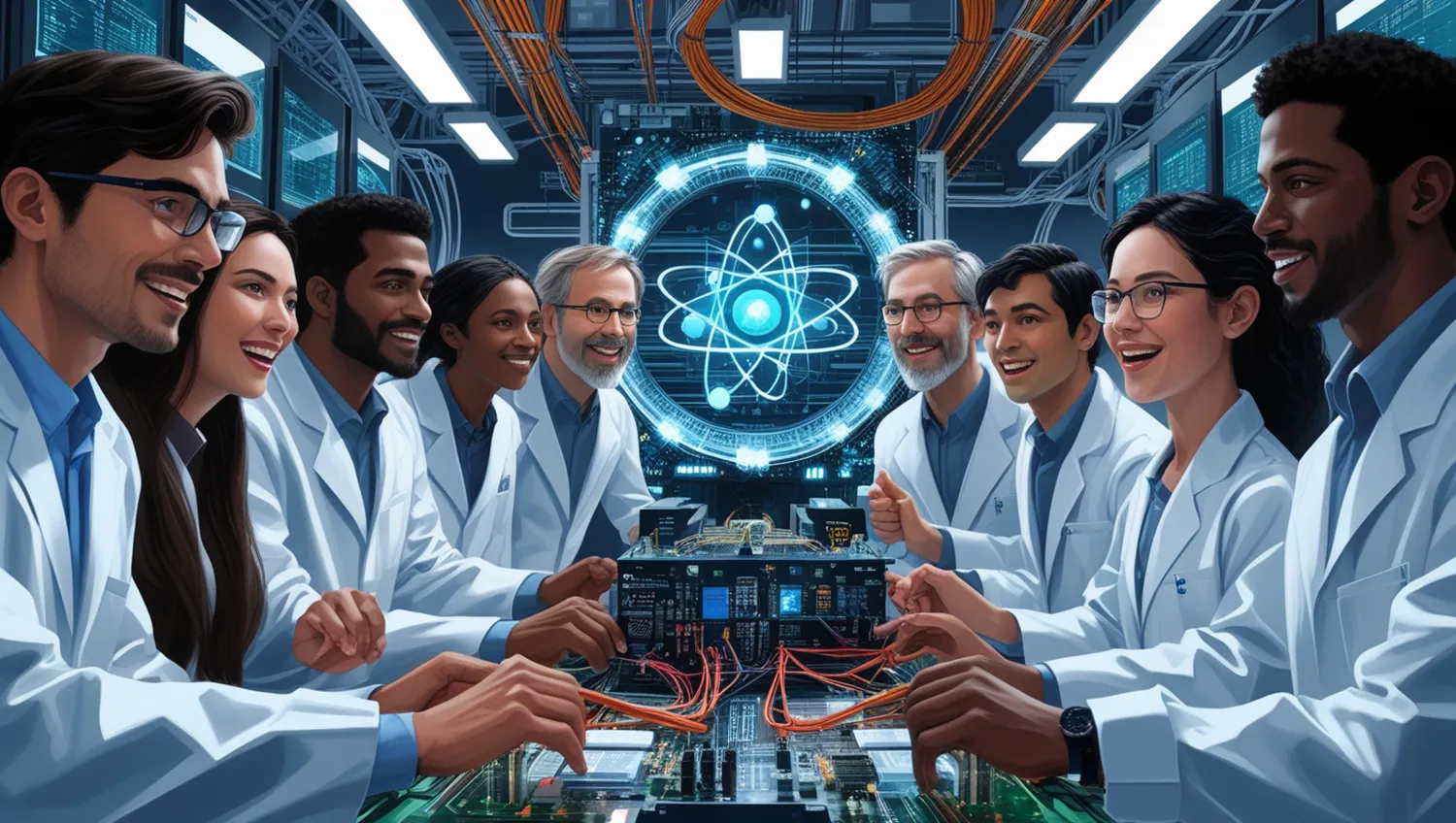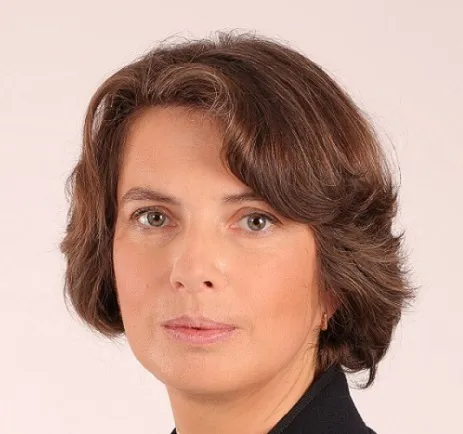Rosatom Becomes the First in the World to Apply Quantum Computing to a Nuclear Project
At the World Nuclear Week forum, Russia’s nuclear industry achieved a historic milestone: for the first time, a quantum computer was used to solve a practical problem within the “Breakthrough” project. The event marks the transition from experimentation to real-world industrial deployment of one of the most advanced technologies of the 21st century. Russia has become the first nation to apply quantum computing to nuclear energy, ahead of competitors from the United States, China, and Europe.

From Experiments to Industrial Applications
State Atomic Energy Corporation Rosatom employed a 50-qubit ion-trap quantum computer to solve a model problem of heat transfer represented by a system of linear algebraic equations. While the current experiment remains small-scale, it represents a major step forward. The computation was performed via a cloud-based quantum platform hosted at the Lebedev Physical Institute of the Russian Academy of Sciences.
The use of quantum computing in the nuclear sector opens up vast new possibilities. Modeling heat transfer is only the beginning. In the coming years, Russian researchers plan to apply quantum algorithms to radiation safety modeling, reactor design optimization, and the development of new materials for nuclear power.
The Russian Quantum Center has already created a generative AI algorithm for drug discovery, currently under testing. Similar approaches could be applied to create radiation-resistant materials and catalysts for nuclear applications.

By 2030, Rosatom plans to begin serial production of quantum computers and to demonstrate measurable results from the use of quantum technologies in industrial settings. The corporation is already identifying priority tasks for quantum processors and forming a comprehensive project portfolio extending to 2030.
An Ambitious Program and Billions in Investment
Since 2020, Russia has been implementing an ambitious quantum technology development program with total funding of 24.1 billion rubles (approximately $288 million). The initiative is coordinated by Rosatom, which contributed about half of the required funds.
Over the past four years, Russian scientists have built quantum computers across all four priority platforms: a 50-qubit ion-trap system, a 50-qubit neutral-atom system, a 35-qubit photonic processor, and a 16-qubit superconducting circuit.
What distinguishes Russia’s approach is its multi-platform strategy. By 2024, the country operated several 50-qubit systems of different architectures, including the latest rubidium-atom prototype developed jointly by Moscow State University and the Russian Quantum Center.

Building the Quantum Technology Ecosystem
The success of Russia’s quantum program builds on a long-standing scientific tradition dating back to the Soviet era. Leading research institutions — the Lebedev Institute (FIAN), the Russian Quantum Center, Moscow State University (MSU), and NUST MISIS — have united to establish a national ecosystem for quantum technologies.
Nevertheless, Russia’s quantum program faces serious technical challenges. Qubit decoherence, error correction, and system scalability remain key hurdles. The number of qubits in Russian processors is still insufficient for full-scale industrial computation — large-scale quantum systems are expected no earlier than 2028–2030.
Rising Global Competition
The global race for quantum supremacy continues to accelerate. IBM is developing the Quantum Starling system, which will feature 200 logical qubits and perform up to 100 million quantum operations by 2029. Google, meanwhile, is advancing in quantum error correction and aims to create an industrial-scale quantum computer before the end of the decade.
Russia’s distinctive advantage lies in its focus on practical applications, particularly in the nuclear industry.

Rosatom’s successful use of quantum computing in nuclear engineering holds significant export potential — particularly for nations developing civilian nuclear programs. The upcoming 2026 BRICS Quantum Technology Forum in Russia will serve as a platform to showcase achievements and expand international partnerships.










































